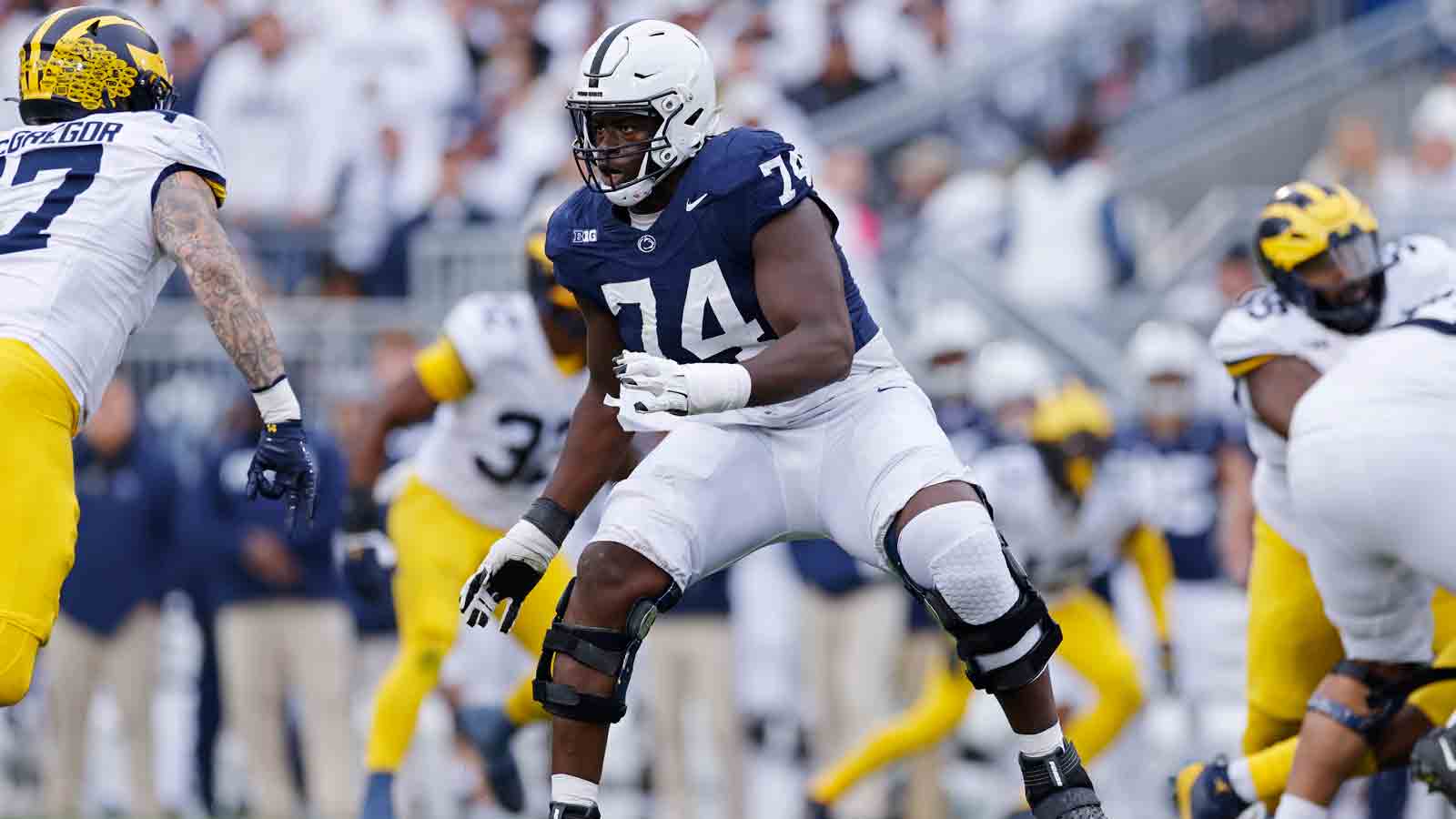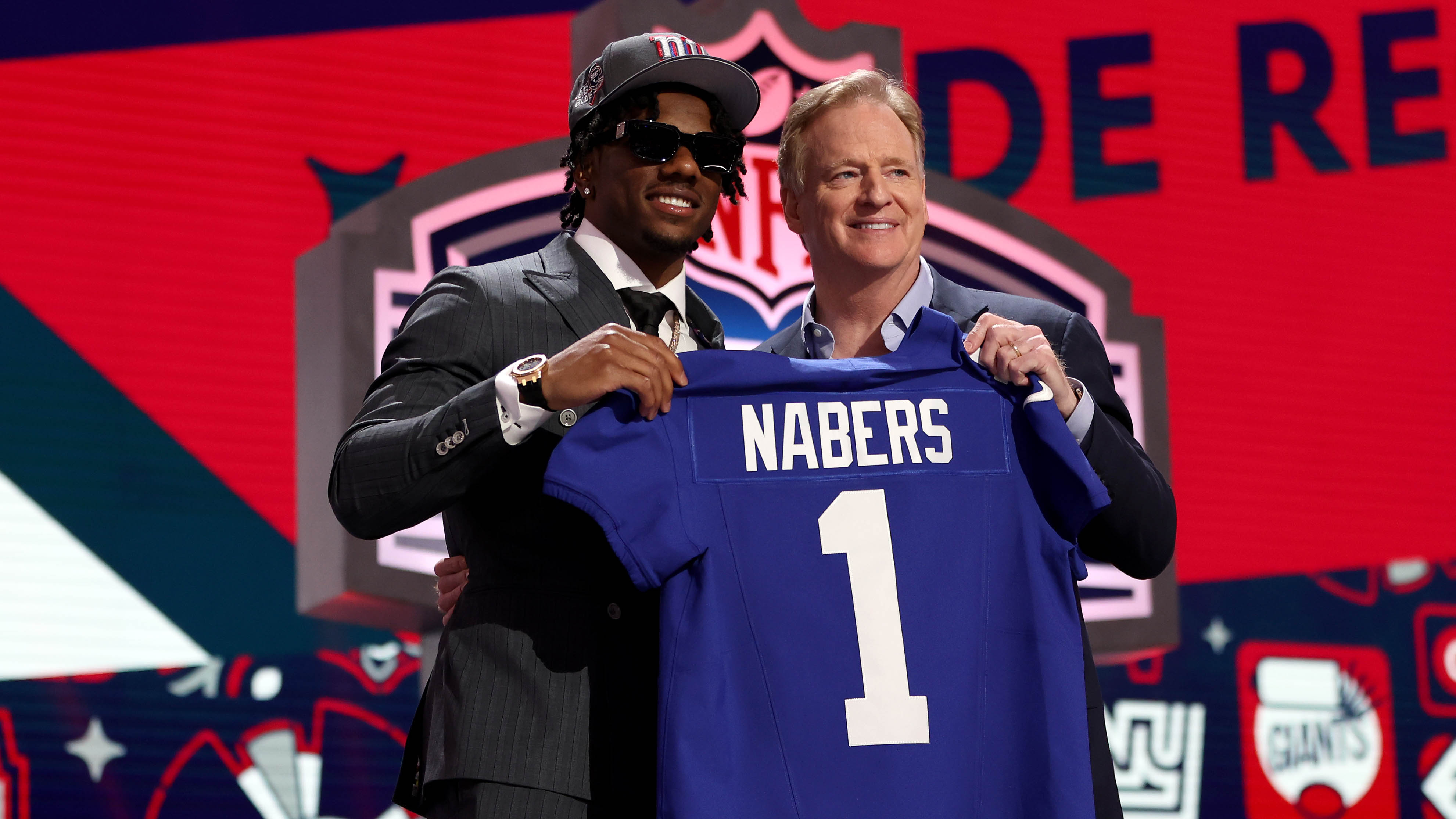A man who said he helped a debt-ridden motivational speaker kill himself was convicted of murder Thursday in a case that turned into an unusual framework for questions about the legal limits of assisted suicide.
Jurors delivered their verdict on the strange story of self-help author and business coach Jeffrey Locker's July 2009 death. The conviction leaves Kenneth Minor facing the possibility of life in prison at his sentencing, set for April 4.
It was a murder trial in which even prosecutors said the slain man wanted to die, and it became a debate about assisted suicide that strayed far from the more familiar context of doctors or loved ones helping terminally ill people end their lives.
"This was murder for money, not a mercy killing, which is why we prosecuted the case as an intentional murder," Manhattan District Attorney Cyrus R. Vance Jr. said in a statement. "We believe the jurors got it right with their verdict."
Minor's lawyer, Daniel J. Gotlin, said he planned an appeal that would focus on an issue in the judge's instructions to the jury.
"I'm confident that this case ultimately will be reversed," Gotlin said.
Prosecutors had no immediate comment. Jurors declined to comment as they left the courthouse. Minor was led back to jail to await his sentencing; his wife, who was in the courtroom, declined to speak to reporters.
Local
Locker, 52, was found stabbed in his car on an East Harlem street, his hands tied behind his back, hours after calling his wife to say he'd gotten a flat tire. Police initially investigated his death as the result of a robbery.
But the scenario changed when Minor was arrested a few days later after using Minor's ATM card.
In fact, Locker had been cruising an inner-city neighborhood miles from his suburban home, offering to pay strangers to kill him and make it look like a robbery so his family could collect as much as $18 million in life insurance, according to prosecutors, Minor's statement to police and evidence presented at the trial. A man whom Locker approached before meeting Minor testified that he agreed to the deal but then took some $4,000 from Locker and ran.
And Locker left a trail of clues about his plan, including computer searches for funeral arrangements, an e-mail telling his wife how to divvy up and shield their assets "when I am gone" and purchases of about $14 million in life insurance in his final months, in addition to $4 million in insurance he already had, evidence showed at his trial. Locker's family has declined to comment.
Prosecutors said Minor murdered Locker by stabbing him seven times, pointing to a city medical examiner's testimony that Locker's chest wounds had characteristics indicating he was stabbed by someone next to him.
But Minor said he just held a knife against the steering wheel while Locker repeatedly lunged into it, and a prominent pathologist he hired testified that his account was plausible.
Minor's lawyer argued that Minor should be acquitted under a state law provision that allows aiding suicide as a defense to certain murder charges.
In her instructions, State Supreme Court Justice Carol Berkman told jurors that provision couldn't apply if Minor "actively" caused Locker's death, language to which Gotlin had objected and which he said he'd raise in Minor's appeal.
Prosecutors, meanwhile, said the concept of assisted suicide was being misapplied to a callous killing-for-hire.
"Somebody stabbing a guy to death in a car to commit insurance fraud — do you really want to equate that with giving a pill to a dying loved one?" assistant district attorney Peter Casolaro asked jurors in his summation. "Is (Minor) an angel of mercy? No, he's the Grim Reaper."
Minor offered before his trial to plead guilty to the lesser charge of manslaughter, but prosecutors didn't take him up on it.



